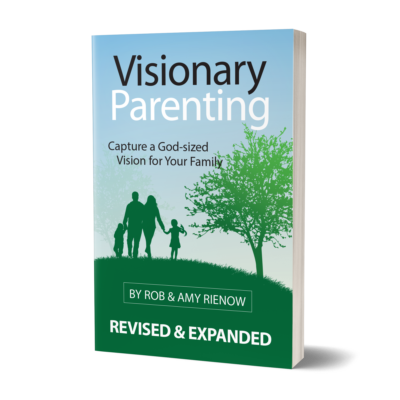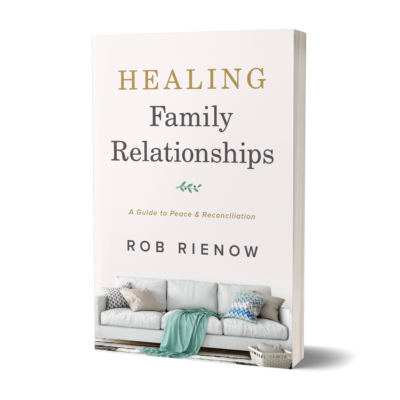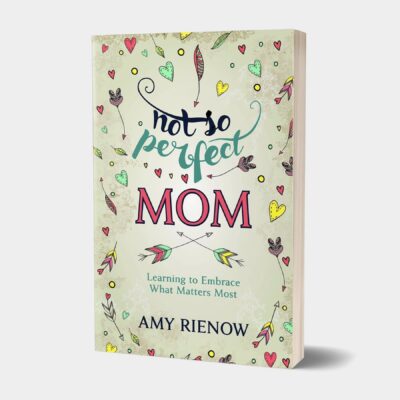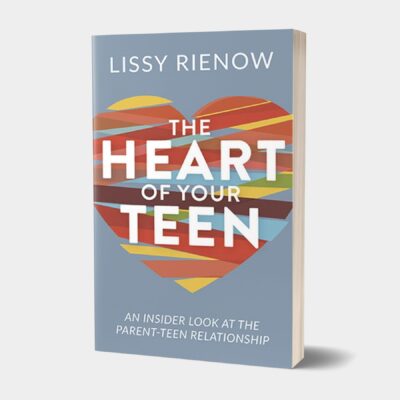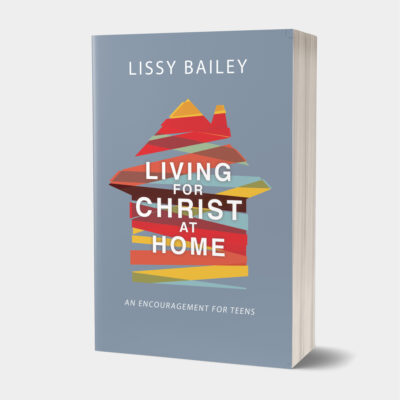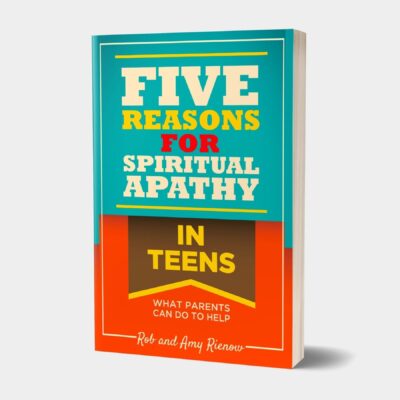According to surveys, people say that breaking this commandment is the most serious sin of all. Do Not Murder. In this episode of Family Vision, Rob and Amy Rienow continue their series on the 10 Commandments with a deep dive into the Sixth Commandment and what it means for families, nations, and our hearts.
At first glance, most of us would say we’ve never broken this command. But what does Jesus say? And what about abortion, capital punishment, and self-defense? You’ll hear biblical teaching and real-life stories as Rob and Amy bring grace and truth to this sobering commandment—and offer compassionate help for anyone who has walked through an abortion experience personally or in their family.
What You’ll Learn in This Episode:
– The difference between “kill” and “murder” in the original Hebrew
– Why the Sixth Commandment allows for self-defense, just war, and capital punishment
– What Jesus says about anger and hatred being murder of the heart
– A biblical view of abortion and why language matters
– Why the battle for your child’s heart begins at conception
– How to respond with both grace and truth to abortion in our families and culture
Featured Resources:
Join the Visionary Family Community — Families around the world are saying “yes” to following Jesus and helping future generations do the same. Learn more: https://visionaryfam.com/community
Family Camp 2025 — Join us July 19–25 in the Upper Peninsula of Michigan for a powerful week of family worship, teaching, and fun. Details here: https://visionaryfam.com/camp
Need Prayer?
If abortion or any part of today’s episode has touched a sensitive place in your story, we’d love to pray with you and for you. Email us at podcast@visionaryfam.com.
Help Spread the Word
Leave a 5-star review and share this episode with a friend. Every click helps more families hear God’s Word and follow Jesus together.
Next Episode Preview:
Next week, we take the Sixth Commandment even deeper. Jesus says that anger and hatred in our hearts are equivalent to murder. What does that mean for how we treat each other in our homes? Don’t miss this important follow-up conversation.

